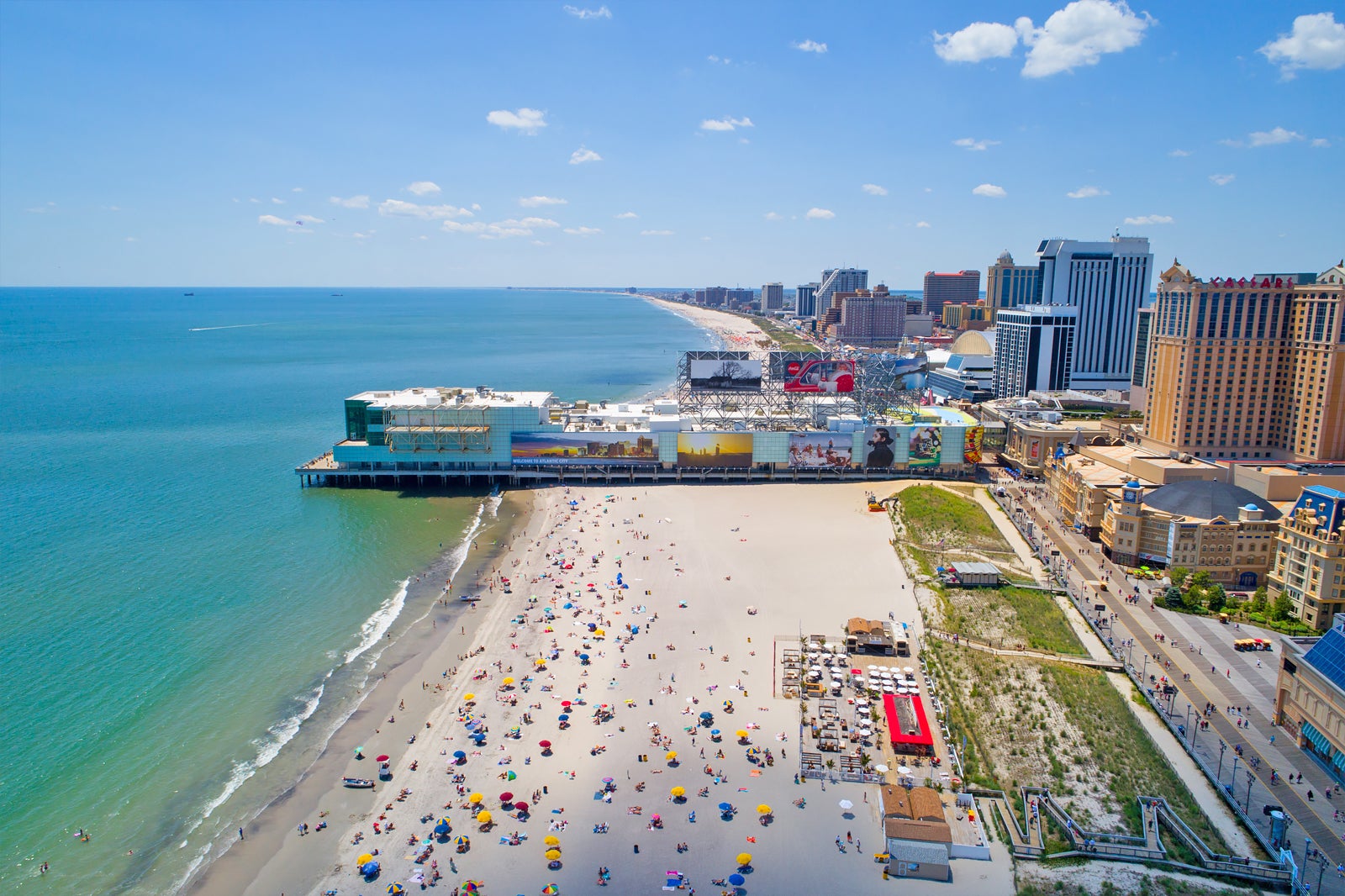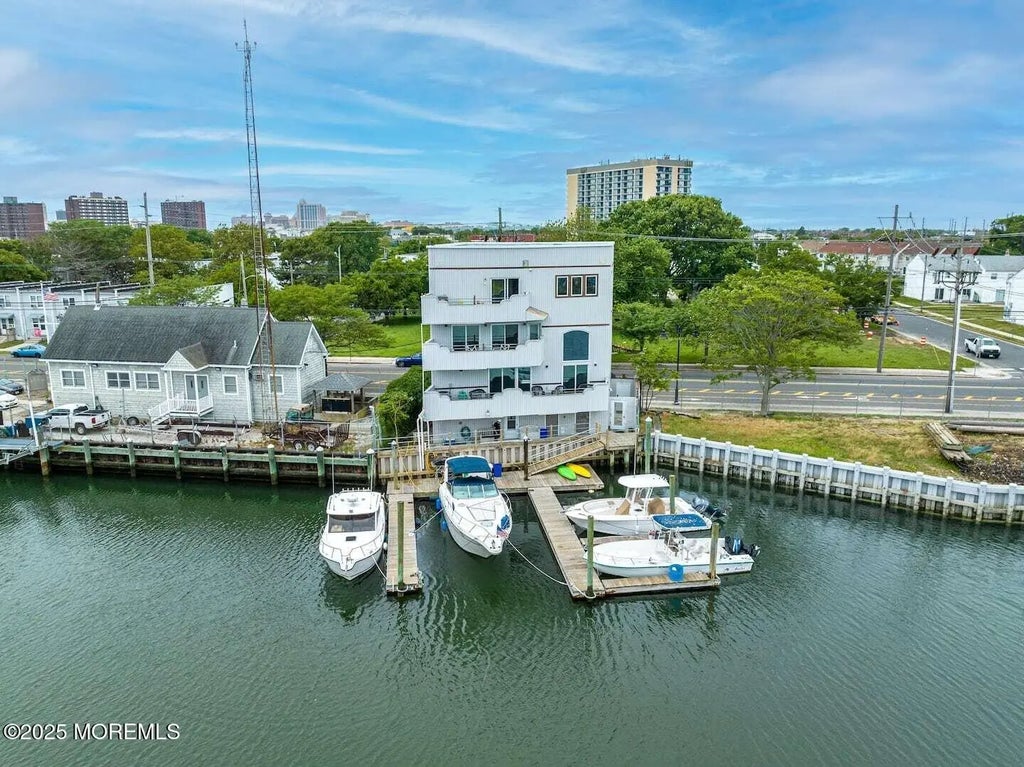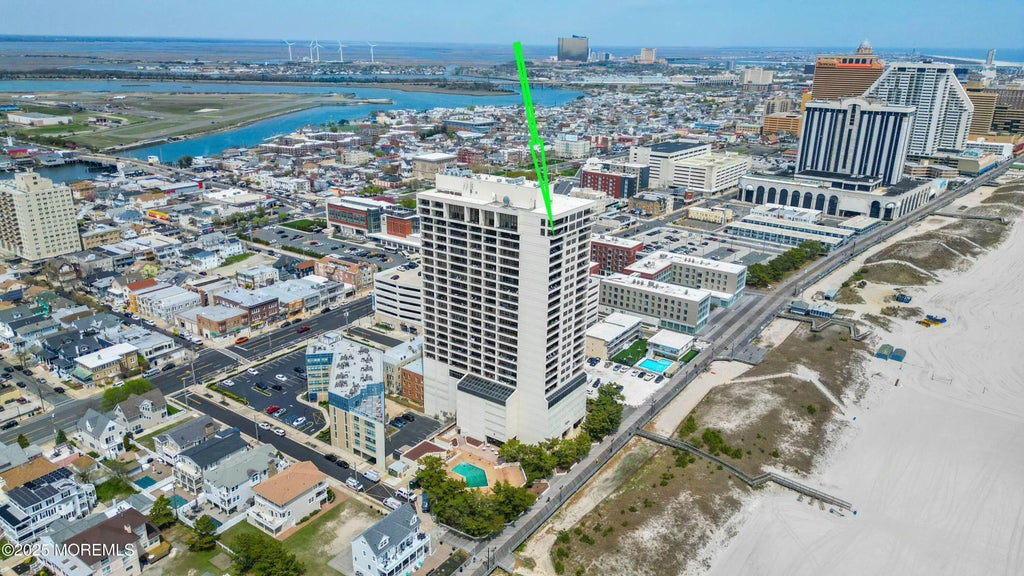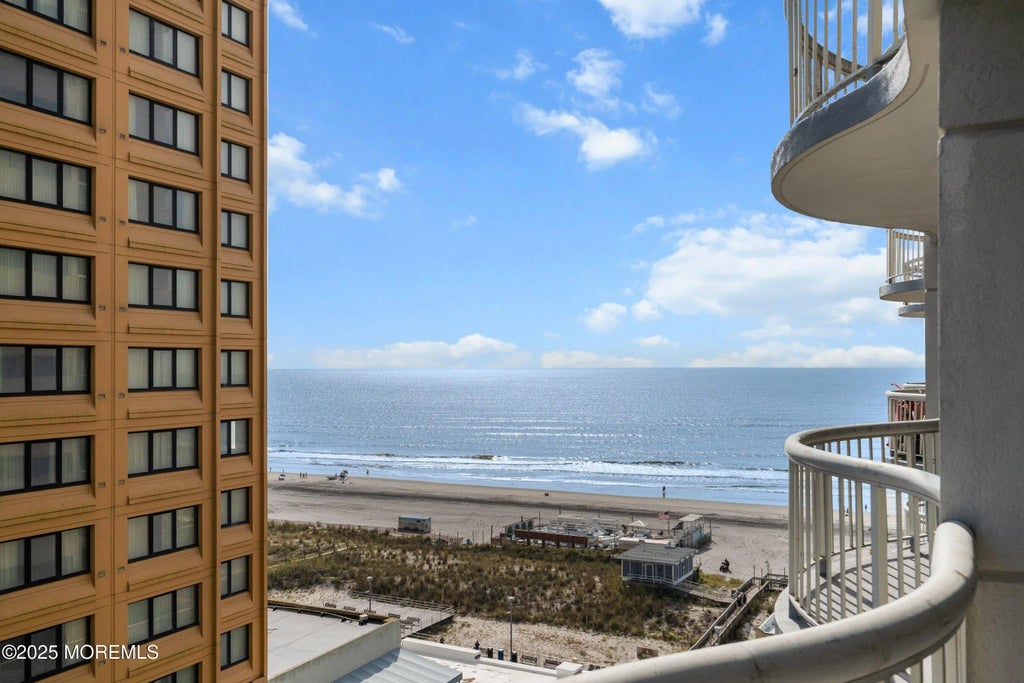Atlantic City Real Estate, Atlantic City NJ

Atlantic City is a resort city located in South Jersey, Atlantic County. It is predominately known for its casinos, boardwalk and beaches as well as being the host of the Miss America Pagent. Notably know for its disregard during the prohibition era and long connection with the mob, the 1920’s were considered by many its golden age. In May 1929, a nationwide crime syndicate was created when Enoch L. “Nucky” Johnson hosted a conference for top organized crime figures all across the nation. The hit HBO show Boardwalk Empire shined a new light on the city leading to many tours and documentaries on the city and key people during the 20’s that played a roll in its development.
Fun fact: The original version of the board game Monopoly was based on the streets of Atlantic City.
Read more about Atlantic City here.
Atlantic City Homes For Sale
- All Listings
- Under $100,000
- $100,000 - $200,000
- $200,000 - $300,000
- $500,000 - $600,000
- Over $1,000,000
Origin and History of Atlantic City
Atlantic City, which is in New Jersey, has a colorful past that helped it develop into the well-known resort city it is today. The region now known as Absecon was first inhabited by the Lenape Native American tribe. Henry Hudson was one of the first European explorers to find it in 1609. Atlantic City started to grow as a seaside resort in the late 19th century, and it became a city in 1854.
In the 1870s, the city began to gain popularity as a vacation spot as a result of its stunning beaches, breathtaking ocean views, and cool Atlantic Ocean breeze. The building of the famous Boardwalk, which stretches for four miles and has become a defining characteristic of the city, in 1870 was a turning point in the history of Atlantic City. Hotels, eateries, amusement piers, and entertainment venues proliferated along the Boardwalk, enhancing Atlantic City's status as a popular tourist destination.
The legalization of casino gambling in New Jersey in 1976 was a pivotal turning point in Atlantic City's history. The city became a thriving gambling destination after casinos were added. The casino era began with the opening of Resorts Casino Hotel in 1978, which sparked the growth of numerous casinos, resorts, and entertainment hubs. The vibrant casino scene and entertainment options in Atlantic City made it well-known.
However, increased competition from nearby states and the decline of conventional tourism caused Atlantic City to experience economic difficulties in the latter half of the 20th century. However, in recent years, the city started to undergo revitalization. It put a lot of effort into expanding its economy, luring new investors, and embracing non-gambling attractions. In order to appeal to a wider audience, Atlantic City now offers a variety of entertainment options, including retail stores, fine dining, and a range of experiences.
Atlantic City embraces its rich past while looking to the future as it develops. The city is still developing, adjusting to shifting travel patterns and looking for new growth prospects. Atlantic City continues to be a well-liked vacation destination that combines its illustrious past with a dynamic and diverse present thanks to its vibrant casinos, entertainment venues, and gorgeous beaches.
Location and legal history of Atlantic City
Located on Absecon Island along the Atlantic Ocean coast of New Jersey, Atlantic City is a renowned resort city with a prime location. It spans about 17.7 square miles within Atlantic County, approximately 60 miles southeast of Philadelphia, Pennsylvania. In 1854, Atlantic City was incorporated as a municipality, granting it self-governing status.
The legal history of Atlantic City took a significant turn in 1976 when the Casino Control Act legalized casino gambling. This landmark legislation made Atlantic City the first jurisdiction outside of Nevada to permit casinos, aiming to boost the city's economy and attract tourists. The act established the New Jersey Casino Control Commission to regulate and oversee casino operations.
Today, Atlantic City's legal framework governs its vibrant gaming industry. It has evolved through additional laws addressing taxation, responsible gambling, and player protection. The city's strategic location, combined with its well-regulated environment, continues to draw visitors seeking entertainment, gaming, and relaxation.
Accessibility of Transportation
Atlantic City's transportation options make it easy for residents and visitors to get around. Atlantic City International Airport (ACY), just outside the city, offers domestic flights for long-distance travelers. The Atlantic City Expressway, Garden State Parkway, and Route 40 make driving to Atlantic City easy.
New Jersey Transit (NJT) buses serve Atlantic City. The NJT bus terminal in the city center connects local and regional buses to nearby towns and cities. The city's Atlantic City Jitney is also popular and affordable. These yellow buses help tourists get between casinos, hotels, and other attractions.
Atlantic City has Uber and Lyft for on-demand taxis and ridesharing. Atlantic City's compact layout makes it pedestrian-friendly, and many attractions and amenities are walkable. Bike lanes and rentals make biking a fun and popular mode of transportation.
Atlantic City's diverse transportation options allow visitors to explore the city, visit nearby areas, and enjoy the region. Residents and visitors can easily access the city and its attractions by air, road, public transportation, or alternative modes like the Jitney.
Schools and Education
Atlantic City has many good schools. Atlantic City School District. Several schools in the district offer a variety of programs for different grade levels. Atlantic City High School is well-known. The city's main public high school serves grades 9-12. The high school offers a diverse academic, extracurricular, and sports program. It prepares students for college or work. Atlantic City's K-8 Uptown School Complex. Sovereign, Texas, and New York Avenue Schools make up this complex. These schools emphasize core subjects and offer enrichment programs to enhance students' learning. Atlantic City has CharterTech High School for the Performing Arts and public schools. This charter school for music, dance, theater, and visual arts students offers a unique education. It develops students' artistic abilities while teaching academics. Private and parochial schools offer alternatives in Atlantic City. Families can choose from schools with religious affiliations or alternative educational philosophies.






